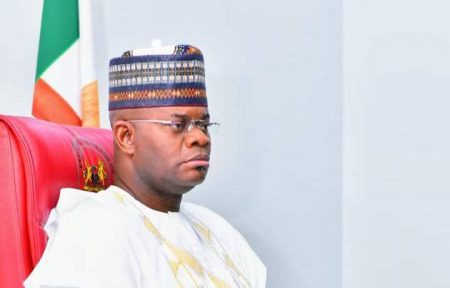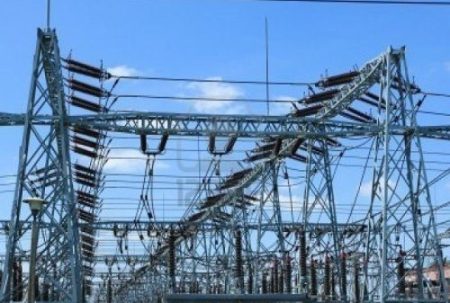Nigeria’s fiscal landscape has undergone a significant transformation in recent years, shifting from a precarious position of near-total revenue consumption by debt servicing to a more sustainable trajectory. Prior to the implementation of economic reforms, the government was expending nearly 97% of its revenue on servicing debt, a situation that severely constrained its ability to invest in crucial areas such as infrastructure and social programs. Through a series of strategic interventions, this figure has been dramatically reduced to below 50%, freeing up vital resources for development and economic growth. This fiscal turnaround has been accompanied by a bolstering of external reserves, a decline in budget deficits, and a concerted effort to prioritize infrastructure spending. These positive developments indicate a move towards fiscal responsibility and a commitment to long-term economic stability.
The economic reforms have not only addressed the immediate fiscal crisis but have also averted a potential economic collapse reminiscent of scenarios witnessed in Zimbabwe and Venezuela. Without these interventions, Nigeria risked spiraling into hyperinflation, currency devaluation, and widespread shortages of essential goods. The country’s currency could have become practically worthless, as exemplified by the Zimbabwean dollar’s dramatic loss of value. The reforms have steered Nigeria away from this disastrous path, preventing further economic deterioration and safeguarding the value of the naira. The averted crisis underscores the importance of proactive economic management and the potential consequences of unchecked fiscal imbalances.
The current economic reforms have laid the foundation for substantial future growth, with the potential to propel Nigeria towards a $1 trillion economy. Had these reforms been implemented a decade earlier, the country could have already achieved this milestone, enjoying a stronger currency and lower fuel prices. The analysis of Nigeria’s economic performance compared to Kenya and South Africa over the past decade highlights the cost of delayed reforms. While these countries maintained relative stability, Nigeria’s currency depreciated significantly, hindering economic progress. The potential for a much larger middle class and increased foreign investment further emphasizes the transformative impact of the reforms and the missed opportunities of the past.
A key element of the previous unsustainable fiscal situation was the massive expenditure on petrol subsidies, a practice that drained government resources and contributed to the burgeoning debt burden. The subsidy regime not only consumed a substantial portion of government revenue but also diverted funds intended for other crucial areas. The Nigerian National Petroleum Company (NNPC) resorted to using its own tax remittances, and even those of other industry operators, to finance the unsustainable subsidy program. This practice further exacerbated the fiscal crisis and highlighted the urgent need for reform. The potential collapse of the subsidy regime could have led to widespread fuel shortages and further economic hardship. The reforms have addressed this critical issue, creating fiscal space for more productive investments and promoting long-term economic stability.
The tax system has also undergone significant changes, with a focus on broadening the tax base and promoting fairness. A key aspect of the reforms is the exemption of the majority of informal sector operators – the bottom 97% – from paying taxes. This measure aims to alleviate the burden on low-income earners and allow them to grow their businesses without the added pressure of taxation. The reforms also target tax avoidance and evasion, ensuring that those who can afford to pay their fair share do so. A progressive tax system, where higher earners contribute a larger proportion of their income, is being implemented across all major taxes, promoting equity and fiscal sustainability. This approach ensures a more just and efficient tax system, contributing to long-term economic growth and stability.
The implementation of these economic and tax reforms marks a turning point in Nigeria’s fiscal trajectory. The transition from near-total debt servicing consumption to a more manageable level has freed up crucial resources for development and investment. The reforms have not only averted a potential economic collapse but have also laid the groundwork for future growth and prosperity. The focus on a progressive tax system, the exemption of low-income earners, and the crackdown on tax avoidance demonstrate a commitment to fairness and sustainability. The newly signed tax laws, with an effective date of January 1, 2026, will further refine the tax system, addressing issues such as the taxation of foreign entities controlled or managed from Nigeria and indirect transfers of shares in companies owning Nigerian assets. These reforms represent a significant step towards a more robust and equitable fiscal landscape, paving the way for a brighter economic future for Nigeria.














